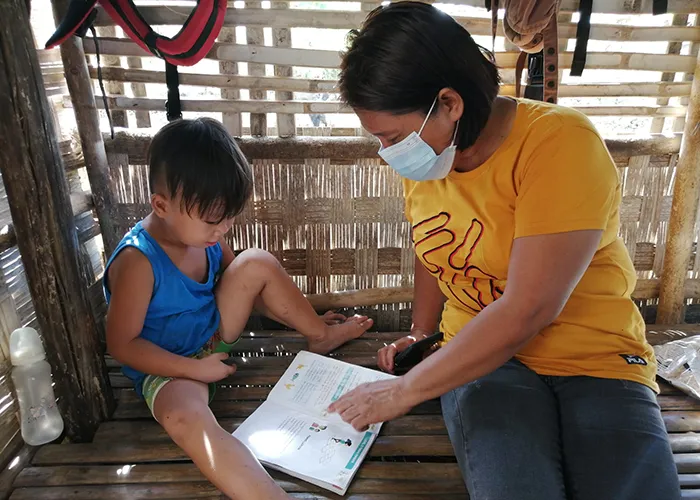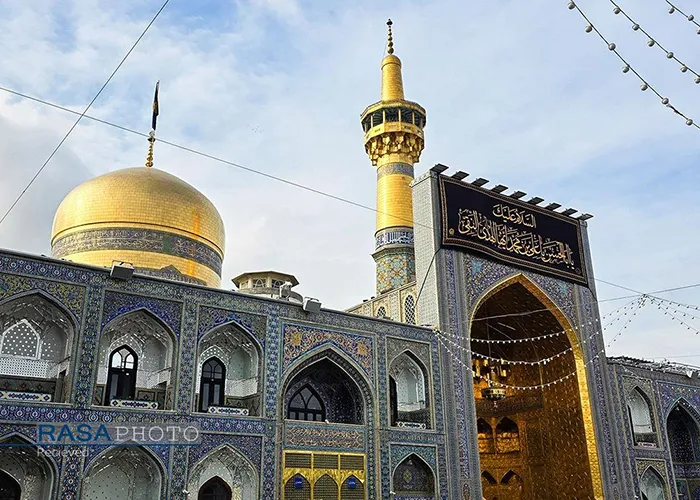Ayah Of The Week – Volume01 Issue17
The Responsibility of Wealth and Compassion in Islam: Educational Lessons from Surah Adh-Dhariyat, Ayah 19
The International Day for the Eradication of Poverty, held annually on 17 October, serves as a reminder for communities around the world to reflect on the struggles of those living in poverty and to take meaningful steps toward reducing inequality. Islam emphasizes the moral and social responsibility to support the needy, and the Qur’an repeatedly highlights the importance of compassion, charity, and justice.
In this context, one powerful verse from the Qur’an—Surah Adh-Dhariyat, Ayah 19—calls upon believers to recognise the rights of the needy within their wealth and resources.
وَفِي أَمْوَالِهِمْ حَقٌّ لِلسَّائِلِ وَالْمَحْرُومِ (الذاریات / 19)
“And in their wealth was a share for the one who asks and the deprived.”
This verse encourages individuals and communities to be mindful of their obligations toward those less fortunate. The following educational messages derived from this verse offer insights and guidance for teenagers and young adults, parents, Islamic leaders, and Muslim communities on how to cultivate a culture of giving, empathy, and responsibility.
Messages for Teenagers and Young Adults:
- Develop a Sense of Responsibility Towards Others
This verse encourages young people to recognise that their blessings, whether wealth, knowledge, or skills, come with a responsibility. They should cultivate empathy for those in need and not focus solely on their personal gains. It’s important to start thinking about how they can use what they have to help others.
- The Value of Generosity
From a young age, it’s crucial to understand that wealth is not just for personal comfort. Being generous and sharing resources with those less fortunate builds strong character and helps to create a more just society where everyone is supported.
Messages for Parents:
- Role Modelling Generosity
Parents should demonstrate how to share their wealth, skills, and time with those in need. By giving to others, whether through charity or knowledge-sharing, they provide a powerful example for their children. Children who see their parents helping others are more likely to grow up with the same values.
- Teach the Concept of “Rights” of the Needy
This verse reminds parents that their resources are not solely theirs; they belong in part to those who are deprived. Teaching children that helping others is not a favour, but a duty, instils a sense of collective responsibility and empathy.
Messages for Islamic Leaders and Cultural Centre Imams:
- Promote a Culture of Generosity
Islamic leaders play a key role in shaping the culture of their communities. They must actively promote the idea of giving and helping others as a religious and moral obligation. It is essential to highlight that this includes more than just financial help—it can also mean sharing time, knowledge, or skills.
- Educate on Different Forms of Charity
Imams and cultural leaders should teach their communities about the many forms of charity. Charity is not limited to monetary donations; it can also include acts like sharing knowledge, offering guidance, and providing emotional support. By broadening the understanding of charity, everyone can find ways to contribute, regardless of their financial situation.
Messages for Muslim Communities:
- Help is a Duty, not a Favour
The verse clearly defines that helping others is a right (حق) the needy have over those who are blessed with wealth. It’s crucial for the community to view charity not as a favour or an act of kindness, but as fulfilling a responsibility. This mindset removes any sense of pride or superiority when giving and fosters a spirit of humility.
- Be Proactive in Finding and Helping the Needy
Muslim communities should not wait for people to ask for help. It’s the responsibility of every individual to actively seek out those in need, whether they ask for assistance or not. Helping others should come with gratitude, thanking those who allow us to fulfil our religious and social obligations.
- Expand the Definition of “Wealth”
Wealth is not limited to money. Skills, knowledge, and social connections are also resources that can be shared. Muslim communities should embrace the diversity of ways in which they can help others, ensuring that everyone can contribute, regardless of their financial situation.
editor's pick
news via inbox
Subscribe to the newsletter.




